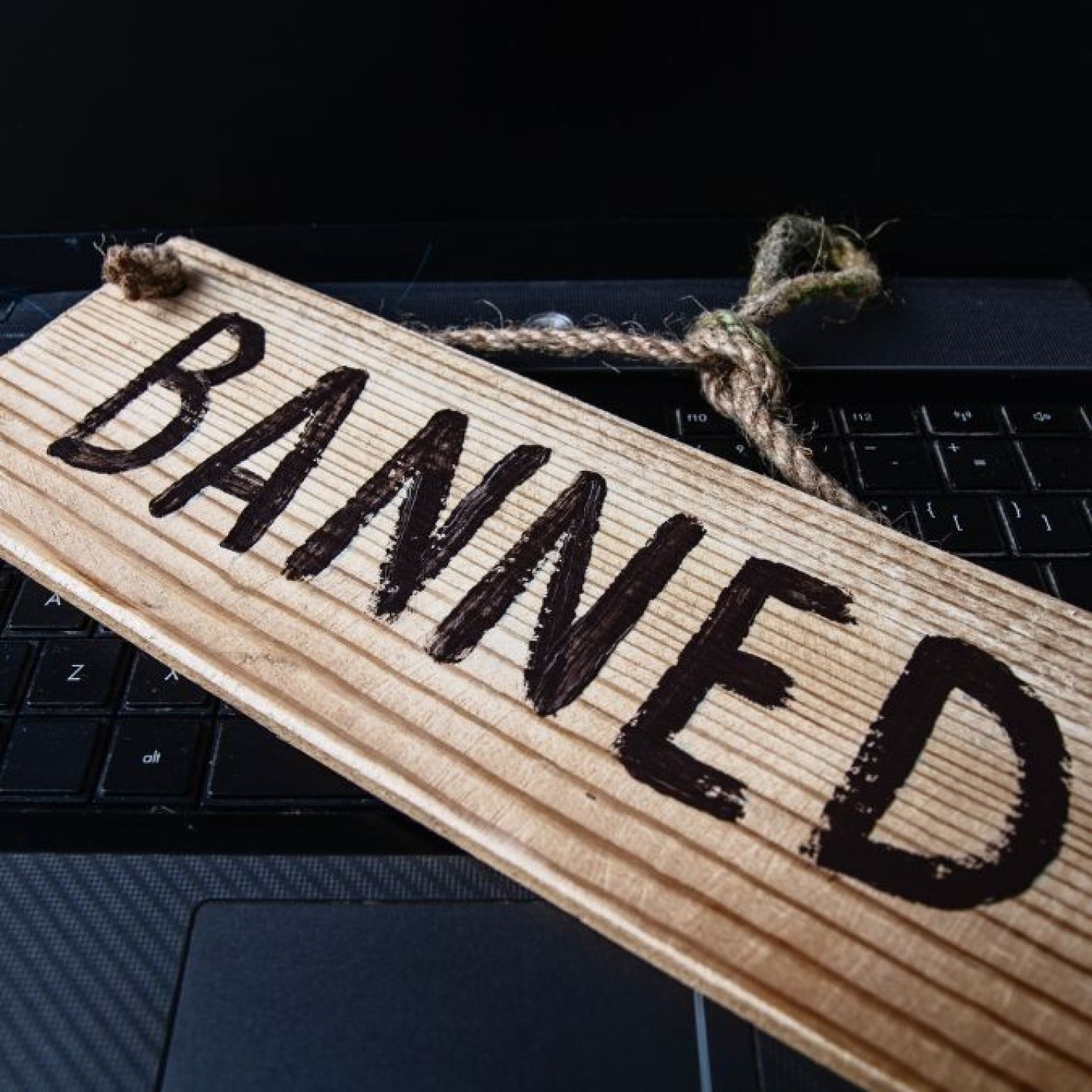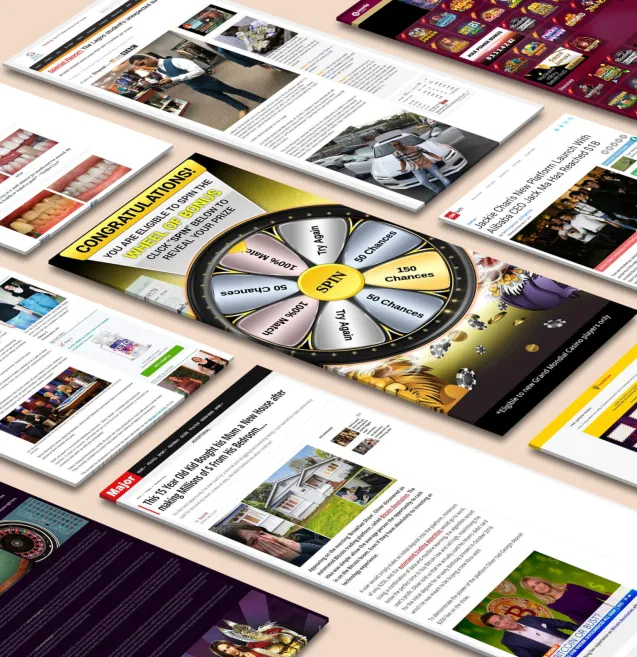
Our spy tools monitor millions of TikTok ads from over 55+ countries. Biggest TikTok Ad Library in E-commerce and Mobile Apps!
Try It FREETikTok has become a cornerstone of digital culture in the U.S., boasting millions of active users and dominating the social media landscape. Its short-form video format appeals particularly to younger demographics, fostering creativity and engagement on an unprecedented scale. However, TikTok's rapid rise has not been without controversy.
Owned by the Chinese company ByteDance, TikTok has raised significant concerns among U.S. lawmakers and national security experts. Critics argue that TikTok's Chinese ownership poses a national security threat due to potential data privacy issues and suspected ties to the Chinese government. These concerns have led to calls for strict regulations or an outright ban on the app, with discussions around a potential TikTok ban in the USA becoming increasingly prevalent.
Is TikTok getting banned? This question has been at the forefront of many discussions in recent years. The Trump administration previously attempted to ban the app unless it was sold to an American company, citing national security risks. Current legislative actions under the Biden administration continue to explore similar measures. Understanding these developments is crucial for both users and businesses relying on TikTok for content creation and marketing purposes.
Key points:
Despite these uncertainties, TikTok advertising remains a viable avenue for businesses looking to engage with their target audience effectively. With platforms like Anstrex offering tools to spy on top converting TikTok ad campaigns, marketers can replicate successful strategies and build profitable businesses even amidst the ongoing debates surrounding the app's future.
TikTok has rapidly become a dominant force in social media, particularly among younger users. As of 2023, 63% of TikTok users in the U.S. are between the ages of 10 and 29. This demographic shift is crucial for understanding its impact. The platform's short-form video content resonates deeply with Gen Z and Millennials, making it a powerful tool for engagement.
TikTok's algorithm-driven feed customizes content based on user interactions, subtly molding political opinions and social discourse. During the 2020 U.S. presidential election, hashtags like #BlackLivesMatter and #MAGA gained significant traction, showcasing how TikTok can amplify diverse political views. The app's influence extends to global movements, with users participating in viral challenges that often have political undertones.
The platform has also emerged as a significant player in news dissemination. Studies reveal that one in four U.S. adults under 30 now turn to TikTok for news updates. Traditional news outlets have recognized this shift, with many creating accounts to share bite-sized news clips tailored to TikTok's format. This trend raises questions about the quality of information being consumed and the role of social media regulations in overseeing these new forms of journalism.
"It's not just about dance videos anymore; it's about how young people consume information," says Jane Smith, a digital media expert.
Understanding these dynamics is essential for grasping the broader implications of any potential restrictions on TikTok.
During Donald Trump's presidency, TikTok faced significant scrutiny. The administration cited national security concerns, alleging that ByteDance, TikTok's parent company, could be forced to share user data with the Chinese government. In 2020, Trump signed an executive order aimed at banning TikTok in the U.S., unless ByteDance sold its American operations to a U.S.-based company. This led to negotiations with companies like Microsoft and Oracle, though no deal was finalized.
Joe Biden's administration inherited these concerns but took a different approach. Rather than pushing for an outright ban, Biden sought to negotiate terms that would address data privacy and security issues. However, these efforts encountered legal challenges. Lawsuits argued that the ban exceeded presidential authority and violated due process rights. This led to ongoing court battles, complicating the administration's ability to regulate or restrict TikTok effectively.
The scrutiny from both administrations highlights bipartisan concerns about data security and foreign influence. These challenges continue to shape the conversation around TikTok's future in the U.S.
The U.S. Congress has seen a surge in legislative efforts aimed at addressing concerns related to TikTok. Several bills have been introduced, focusing on data privacy and national security. These legislative actions propose measures ranging from stricter data protection protocols to outright bans unless TikTok is sold to a non-Chinese entity.
Key legislative proposals include:
Bipartisan support has been crucial in advancing these legislative actions. Lawmakers from both sides of the aisle agree on the potential risks associated with TikTok's Chinese ownership:
This bipartisan consensus underscores a unified stance on prioritizing national security and data privacy, propelling these legislative efforts forward.
"Data privacy concerns are not just a partisan issue; they are a matter of national security," says Senator John Doe, encapsulating the general sentiment driving these legislative actions.
Recent legislative sessions have seen renewed efforts to address concerns over TikTok. Multiple bills introduced in Congress aim to either restrict or outright ban the app. Lawmakers argue that TikTok's data practices pose a significant national security risk, given its Chinese ownership. The House and Senate have seen bipartisan support for these measures, reflecting a unified stance on the perceived threat.
Legal challenges continue to play a pivotal role in TikTok’s uncertain future. Past attempts to ban the app, notably during the Trump administration, faced significant hurdles in federal courts. Judges questioned the legal basis for such bans, citing First Amendment concerns and lack of evidence on actual data misuse. These legal precedents complicate current efforts to impose new restrictions without facing similar judicial pushback.
Businesses heavily reliant on TikTok for marketing are bracing for possible disruptions. Many have started diversifying their social media strategies, incorporating platforms like Instagram Reels and YouTube Shorts. Despite the uncertainty, businesses remain cautious yet proactive, preparing for different scenarios.
"It's challenging to pivot away from a platform that has provided significant engagement and ROI," says Jane Doe, a digital marketing strategist.
Tracking updates on TikTok legislation becomes crucial as small businesses and influencers await clarity.
Banning TikTok would likely alter the dynamics of content creation significantly. Creators who rely on TikTok for their audience would need to pivot to other platforms like Meta or CapCut, each of which has different content moderation policies and engagement algorithms.
The potential ban also raises concerns about youth voter influence. TikTok has become a crucial space for political engagement among younger demographics. The platform's unique way of disseminating information through short videos allows complex political issues to be communicated effectively.
Misinformation Concerns: With the absence of TikTok, there is apprehension about the rise of misinformation on other platforms. TikTok's algorithm promotes user-generated content, which can quickly spread unverified information, especially during sensitive geopolitical issues like the Israel-Palestine conflict.
These shifts could lead to changes not only in how content is created but also in how young people engage with political discourse.
TikTok's legal battle in the United States is far from over. The app faces potential routes for challenges that could escalate to higher courts, including the D.C. Circuit Court of Appeals and even the Supreme Court. These legal avenues are crucial as they could set precedents for how social media platforms are regulated in the future.
The future of TikTok in America remains uncertain amid ongoing legislative scrutiny and legal battles. As debates intensify, users and businesses that rely on TikTok for engagement and marketing face potential disruptions.
Adapting to this evolving landscape is crucial as the question, "Is TikTok getting banned?", continues to shape the discourse around social media regulation and digital privacy.
Receive top converting landing pages in your inbox every week from us.
How-To
Kick off the New Year with high-impact InStream ads that capture attention and spark excitement. Learn how to craft video content that builds anticipation, encourages engagement, and drives conversions. Discover targeting strategies and creative techniques to make your campaigns stand out. Perfect for marketers looking to start the year strong with buzz-worthy video advertising.
Priya Kapoor
7 minDec 24, 2025
How-To
Turn casual video viewers into loyal holiday shoppers with effective InStream ad retargeting. Learn how to craft personalized video sequences that nurture interest and guide users toward purchase. Discover proven tactics for segmenting audiences, optimizing creative timing, and boosting conversions. Perfect for marketers aiming to maximize holiday revenue through smart, data-driven video retargeting.
Elena Morales
7 minDec 18, 2025
Must Read
User-generated content (UGC) is transforming the way brands connect with audiences through InStream ads. Learn how authentic, user-driven videos build trust, engagement, and stronger emotional connections. Discover best practices for integrating UGC seamlessly into your ad strategy to boost credibility and conversions. Ideal for marketers looking to create more genuine and relatable advertising experiences.
Rachel Thompson
7 minDec 12, 2025




